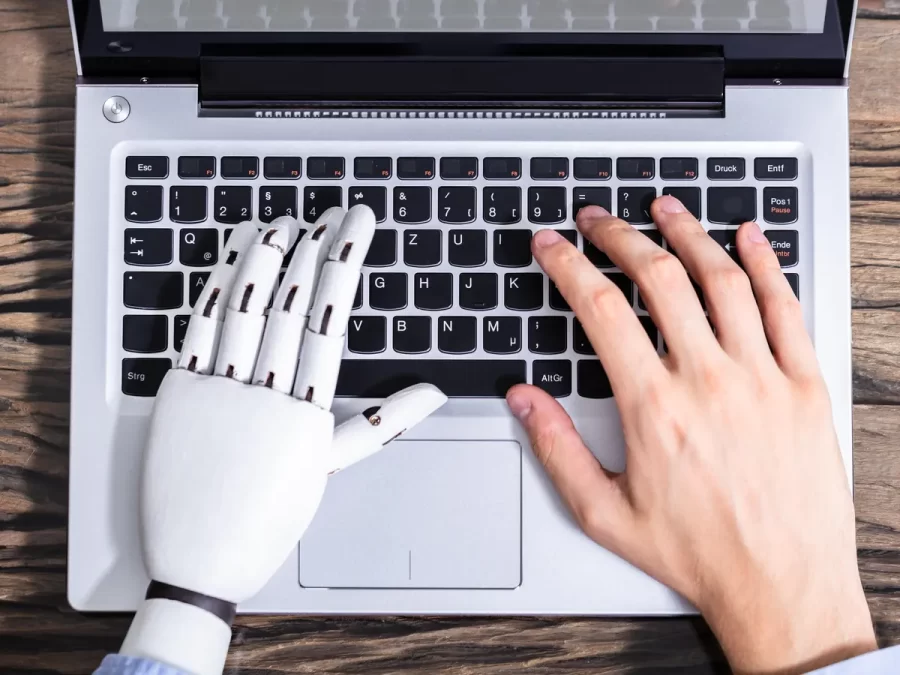The Rise of ChatGPT
In November 2022 ChatGPT was released, a new chatbot-like artificial intelligence (AI) model that could write on a wide range of topics, from philosophy to coding entire applications. OpenAI, the company behind the recent sensation, is a prominent player in the multi-billion dollar artificial intelligence industry. They have been a key name in the industry boasting a skilled leadership team and a strong partnership with Microsoft since being founded in December 2015. Previously, OpenAI had released a range of models, including GPT-3 for text, Codex for code, and DALLE-2 for images through their inexpensive developer API. ChatGPT however—their latest offering—took the world by storm with its accessible, powerful, and free interface.
As the world becomes more and more reliant on technology, the demand for automation has never been higher. AI models like ChatGPT, with their ability to write on a wide range of topics and their user-friendly interface, have quickly become a go-to tool for businesses, researchers, and individuals alike. While it’s clear that ChatGPT has the potential to revolutionize industries and help solve major world issues, it is important to consider the ethical implications of such a powerful and new tool.
One area where ChatGPT and other AI models have the potential to make a large impact is in the education sector. Being a completely new, advanced piece of technology, it can be used for both good and bad. On one hand, students can use it to enhance their learning experience, such as to study for their upcoming midterm or help revise a letter. On the other hand, it can also be used for unethical purposes like cheating on homework assignments or taking relaxed tests. Not only is AI beneficial to students, but it can also help teachers by creating personalized lesson plans, generating quizzes and tests, and even grading student work. AI, if used properly, will certainly help teachers focus on other, more personalized, aspects of their job, such as providing support and feedback to students.
The challenge of adapting to change, especially in software, is the process of acclimation. As ChatGPT offers a convenient way to cheat, the problem of unethical behavior rises. One central concern is that AI technology will constantly advance at a faster pace than any detection mechanisms or new software. However, to address cheating by suppressing new AI technology is like trying to fix a leaky roof by turning off the water supply. You may temporarily stop the problem, but in the long run, it prevents access to the resources needed to make meaningful and sustainable improvements.
Ultimately, the future of AI is in our hands—for now. As society continues to invest in and develop powerful tools like ChatGPT, it is also key to carefully consider its impact and negative effects. If determined to be a net positive, however, we can create a more utopian future in which AI enhances human capabilities and improves the world.
Article was written with counsel from ChatGPT

Grade: 12
Years on Staff: 3
Why are you writing for the Flintridge Press?
I enjoy journalism and the power the press holds. Clear communication...






